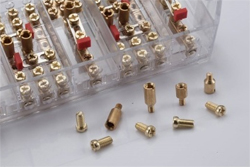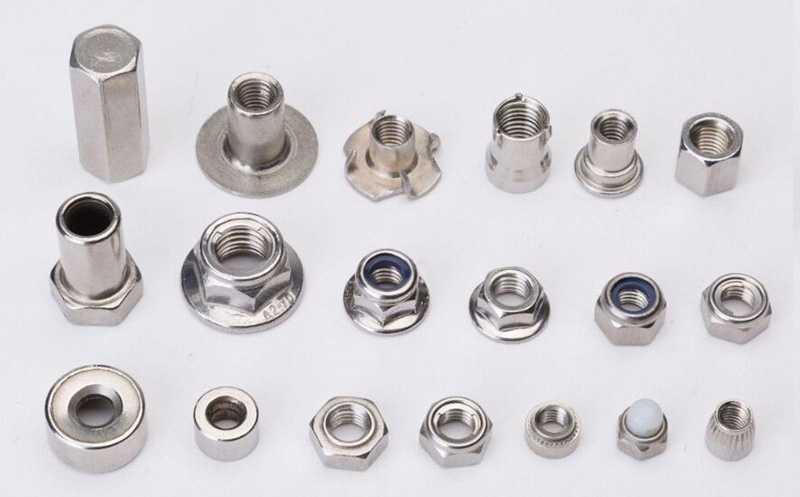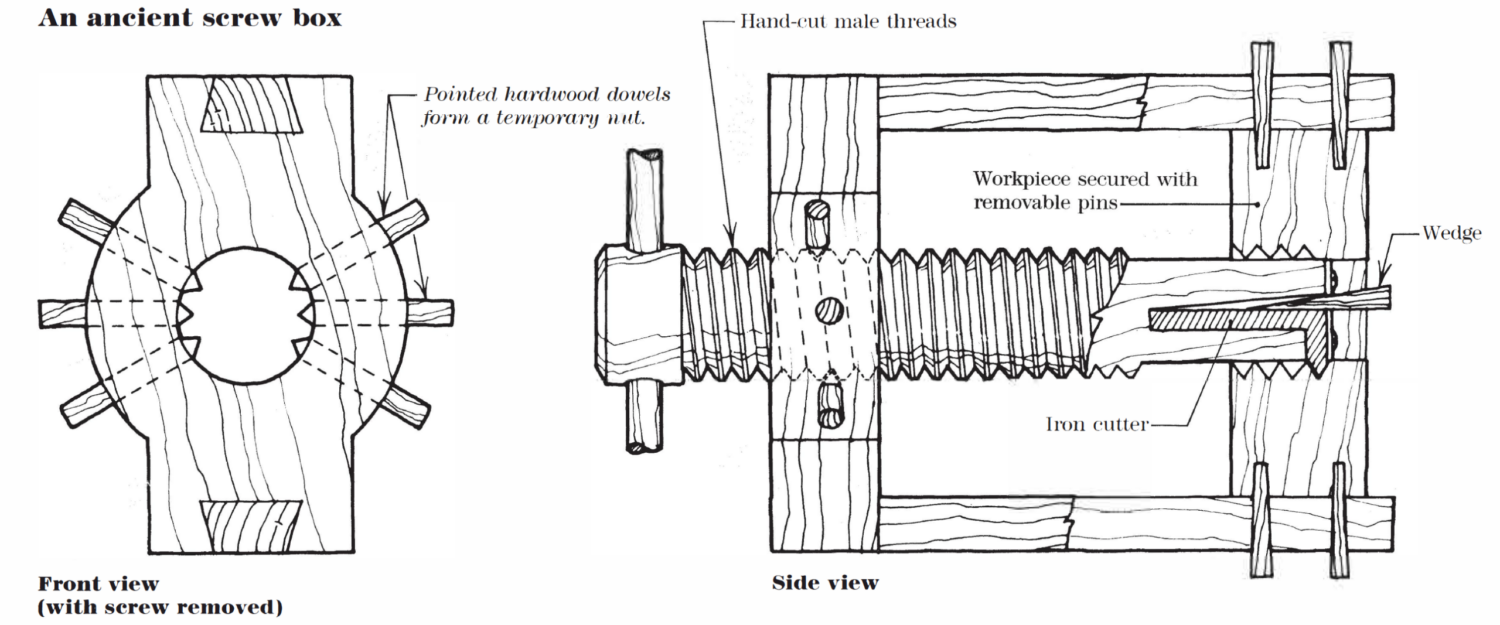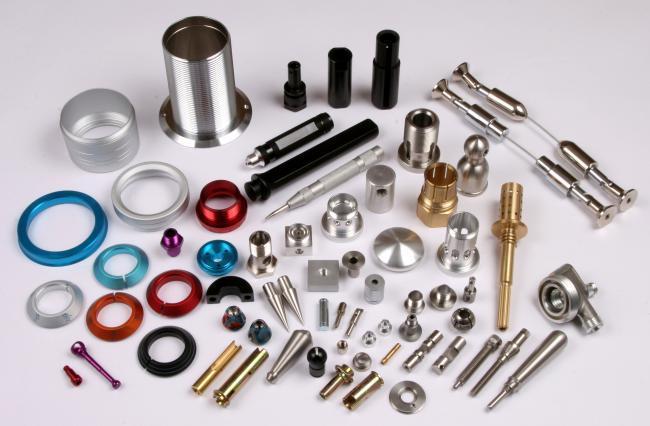
What is Metal Coating?
What is Metal Coating?
At its core, metal coating refers to the application of a thin, protective layer to a metal component. These coatings can serve several purposes,
from enhancing aesthetic appeal to improving functional properties such as electrical conductivity and wear resistance.
In essence, metal coatings, often referred to as finishes, are a complex mix of materials designed to augment the utility of the underlying metal.
They can be organic, like paint coatings, which are primarily composed of a resin that dries to form a hard protective layer.
Alternatively, they can be inorganic, like powder coatings, which are often made from thermoplastic or a thermoset polymer and
provide superior protection against chipping, scratching, and other forms of wear.
These coatings, whether organic or inorganic, play vital roles in extending the life and functionality of the metal component. In essence,
they serve as the first line of defense,a protective barrier against the environment.
They shield the metal from harmful interactions with aggressive elements such as oxygen and carbon dioxide, which can trigger oxidation reactions leading to metal corrosion.
This prevention of metal degradation not only preserves the mechanical integrity of the metal but also maintains its visual appeal,
thereby ensuring that the metal continues to serve its purpose effectively and efficiently.












_1.jpg)
















